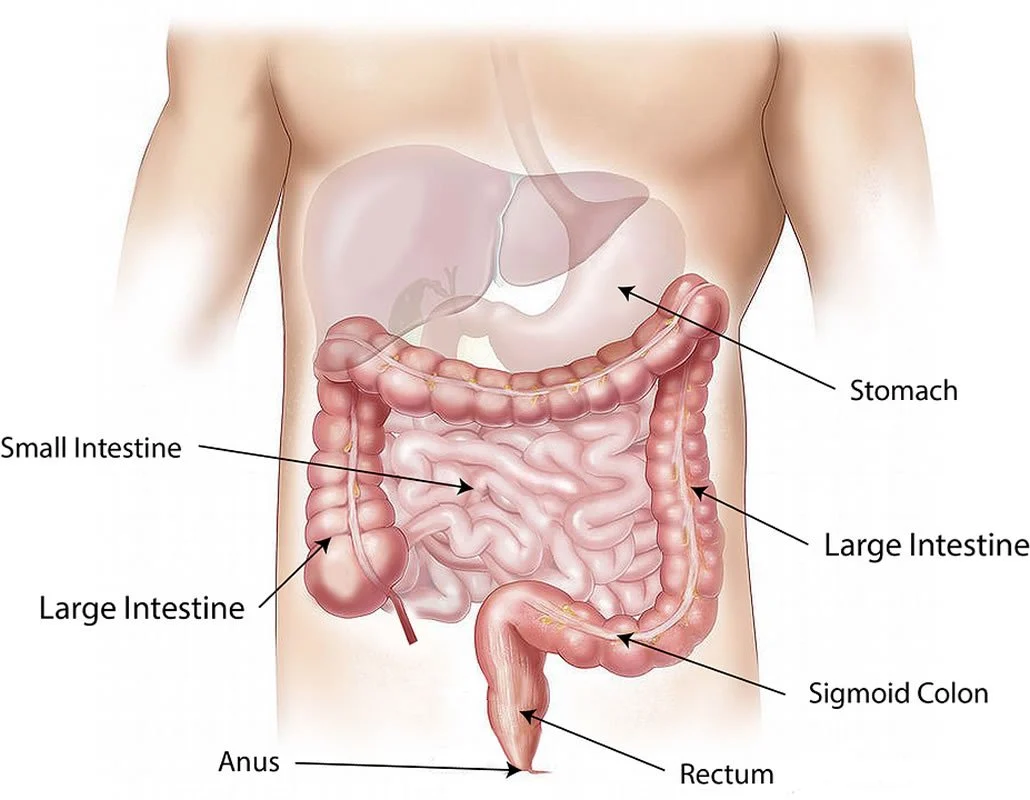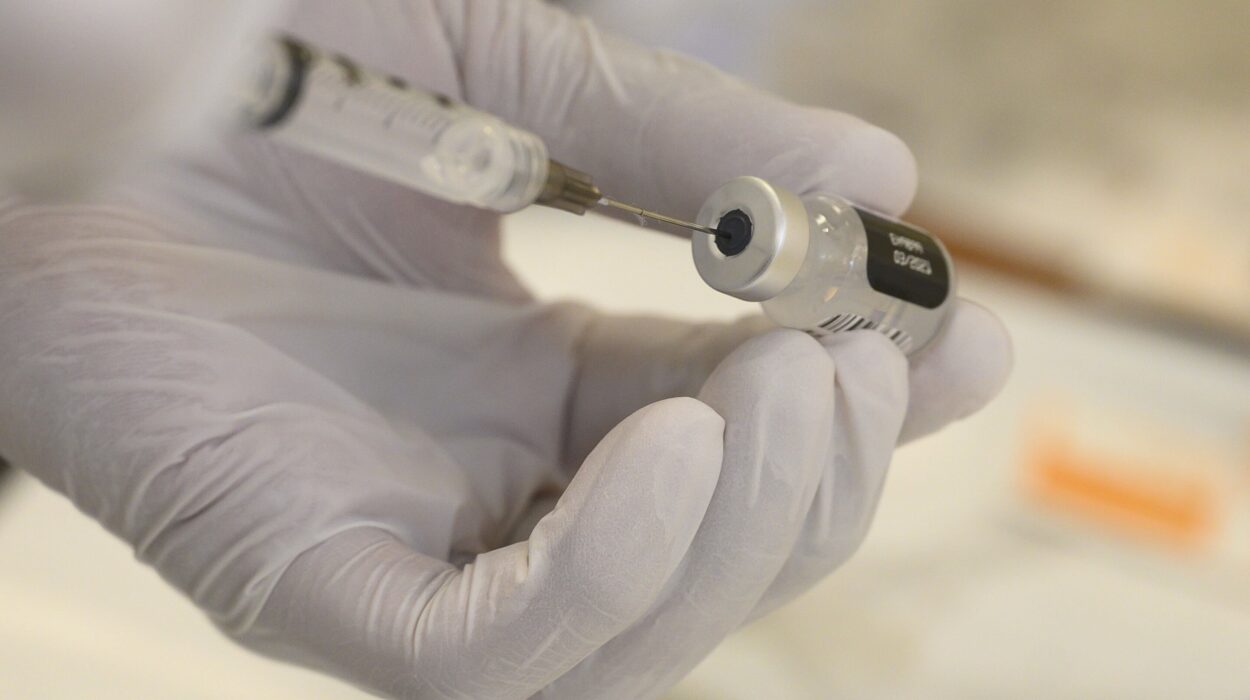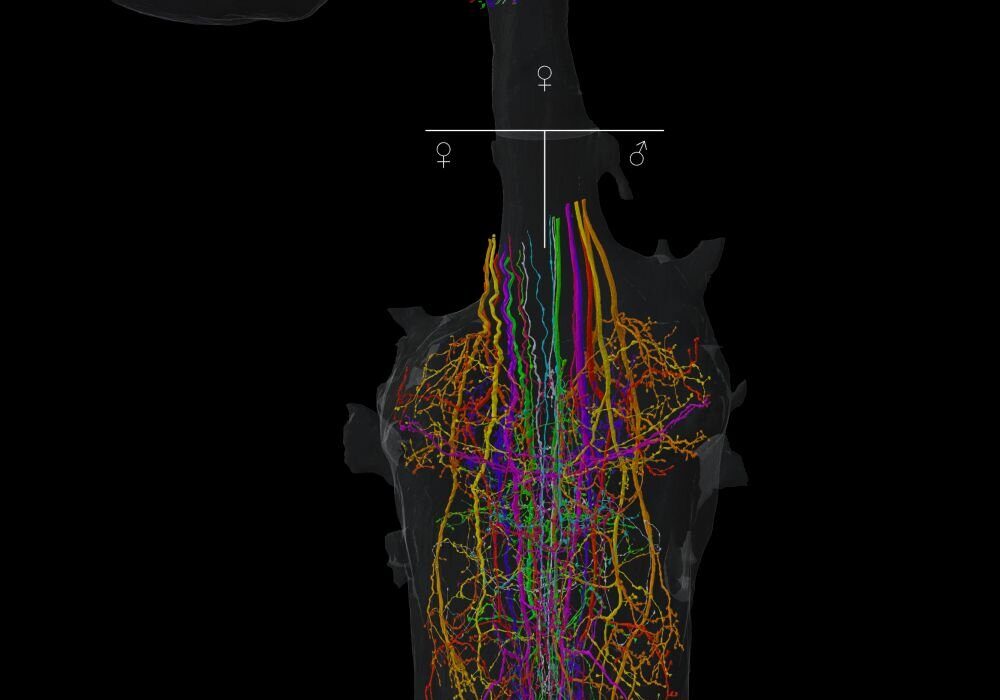When people hear the word “gut,” they often think of digestion—stomach growls, bathroom trips, and maybe the occasional bellyache. But your gut is far more than a food-processing machine. It’s a dynamic, complex ecosystem that communicates with nearly every system in your body. Scientists now refer to the gut as the “second brain,” and for good reason. It’s home to trillions of microorganisms, collectively called the gut microbiome, which play a powerful role in your health, behavior, and even emotions.
From immunity to mood, from skin to sleep, your gut health affects far more than just digestion. In fact, an imbalance in your gut microbiota—known as dysbiosis—can be linked to chronic diseases ranging from obesity to autoimmune disorders and even depression. This isn’t science fiction. It’s the rapidly evolving field of gut research, and it’s turning our understanding of health upside down.
Let’s take a deep dive into the incredible ways your gut impacts your whole body—and why nurturing it might be the most important health decision you ever make.
The Gut Microbiome: A Living Universe Inside You
Inside your digestive tract lives a dense jungle of microorganisms: bacteria, viruses, fungi, and even archaea. Together, they form your gut microbiome. There are more microbial cells in your gut than human cells in your entire body. That means you’re more microbe than man—or woman. And these microbes aren’t just passive passengers; they’re busy workers contributing to digestion, vitamin synthesis, inflammation regulation, and so much more.
This microbial community is like a fingerprint—completely unique to each person. It’s shaped by your birth method (vaginal vs. cesarean), whether you were breastfed or formula-fed, your diet, medications, stress levels, and even how often you spend time in nature.
When your microbiome is healthy and diverse, it helps keep your entire body in balance. But when it’s disrupted—due to poor diet, antibiotics, stress, or illness—it can lead to a wide range of problems that extend far beyond your belly.
Gut and Immune System: Your First Line of Defense
Did you know that about 70% of your immune system resides in your gut? That’s right. Your gastrointestinal tract is your body’s largest immune organ. The gut-associated lymphoid tissue (GALT) works around the clock to detect and destroy harmful pathogens before they enter the bloodstream.
A healthy microbiome helps your immune system function properly. Beneficial bacteria train your immune cells to distinguish between friend and foe, preventing unnecessary inflammatory responses. But when your gut microbiome is imbalanced, it can lead to chronic low-grade inflammation, which has been linked to conditions like rheumatoid arthritis, inflammatory bowel disease (IBD), and even cancer.
Autoimmune diseases—where the immune system mistakenly attacks the body’s own tissues—are often rooted in gut dysfunction. Researchers believe that dysbiosis may alter the permeability of the gut lining, leading to “leaky gut” and an immune response gone haywire.
Keeping your gut healthy, therefore, isn’t just about avoiding tummy trouble—it’s about protecting your body from immune chaos.
The Gut-Brain Axis: A Two-Way Street
Perhaps the most fascinating connection lies between your gut and your brain. The gut-brain axis is a two-way communication network linking your central nervous system to your enteric nervous system (the network of neurons embedded in the lining of your gut). These two systems chat through neural pathways, hormones, and immune signals.
You’ve probably felt this connection before. Butterflies in your stomach when you’re nervous? That’s your brain talking to your gut. Nausea during stress? Same thing. But it’s not just one-directional. Your gut microbiota can also influence your mood, cognition, and mental health.
Certain gut bacteria produce neurotransmitters like serotonin (often called the “happy hormone”), dopamine, and GABA. In fact, around 90% of the body’s serotonin is made in the gut. An imbalance in your microbiome can lead to reduced production of these mood-regulating chemicals, increasing the risk of depression and anxiety.
The implications are profound: treating gut dysfunction may help manage or even prevent mental health disorders. Psychobiotics—probiotics that influence mood—are an emerging field of research that may revolutionize how we think about therapy and antidepressants.
Digestive Harmony: More Than Just Bloating and Bowel Movements
Of course, the gut’s most obvious role is digestion—and a healthy microbiome is crucial for this process. Beneficial bacteria help break down food, extract nutrients, and support the production of digestive enzymes. They also produce short-chain fatty acids (SCFAs) like butyrate, which nourish the cells lining the colon and regulate inflammation.
When things go wrong in the gut, symptoms often appear quickly: bloating, gas, diarrhea, constipation, acid reflux. While these may seem minor, they can be signs of deeper imbalances.
Conditions like irritable bowel syndrome (IBS), Crohn’s disease, and ulcerative colitis are all linked to disruptions in the gut ecosystem. Restoring balance through diet, probiotics, and lifestyle changes often brings significant relief—sometimes even more effectively than medication.
Digestive health is not just about avoiding discomfort—it’s a barometer of your body’s overall wellness.
Weight and Metabolism: Your Microbial Metabolic Engine
Why do some people seem to gain weight more easily than others, even when they eat similarly? Part of the answer may lie in the gut. Your microbiome plays a direct role in metabolism, influencing how efficiently your body extracts calories from food, how fat is stored, and how insulin responds to blood sugar.
Studies in mice have shown that transplanting gut bacteria from obese mice into lean mice can make the lean mice gain weight—even without changing their diet. This startling discovery suggests that microbial composition may have a powerful influence over body weight.
In humans, certain microbial patterns are consistently associated with obesity, insulin resistance, and metabolic syndrome. On the flip side, a diverse and balanced gut microbiome supports better blood sugar control, appetite regulation, and fat metabolism.
This means that improving your gut health may help you manage weight more effectively—not by starving yourself, but by shifting your internal ecology.
Skin and Allergies: The Gut-Skin Axis
If you’ve ever struggled with eczema, acne, rosacea, or psoriasis, you might want to look inward—literally. The gut-skin axis is a rapidly growing area of interest in dermatology. The idea is simple: what’s happening in your gut is reflected in your skin.
Inflammation in the gut can manifest as inflammation in the skin. Dysbiosis may increase intestinal permeability (leaky gut), allowing toxins and partially digested food particles to escape into the bloodstream, triggering systemic inflammation and immune responses that affect the skin.
Many skin conditions improve with gut-targeted interventions. Eliminating food intolerances, reducing sugar intake, taking probiotics, and managing stress can all lead to clearer skin—often more effectively than topical treatments.
Even allergic reactions and food sensitivities have roots in gut health. A strong, balanced microbiome can help the immune system react appropriately to environmental exposures, reducing the risk of allergies and intolerances.
The Hormonal Connection: Balancing Act in the Gut
Hormones regulate everything from hunger to mood, energy, and reproduction. And guess what? Your gut microbiome plays a critical role in hormone balance. It produces and metabolizes hormones and even helps regulate the endocrine system.
One of the key players is the estrobolome—a group of gut bacteria that metabolize estrogen. If these bacteria are out of balance, it can lead to excess estrogen in the body, contributing to hormonal issues like PMS, endometriosis, fibroids, and even breast cancer.
Gut health also influences cortisol (the stress hormone), insulin (the blood sugar hormone), and leptin and ghrelin (the hunger hormones). An imbalanced gut can lead to hormonal chaos, affecting everything from fertility to energy levels.
Addressing gut health is a foundational step in resolving hormonal imbalances—especially for women, who are more susceptible to fluctuations during menstrual cycles, pregnancy, and menopause.
Sleep, Fatigue, and the Gut Clock
Poor sleep can wreck your gut—and a wrecked gut can ruin your sleep. It’s a vicious cycle that many people don’t realize they’re trapped in. Your gut microbiome follows a circadian rhythm, meaning it changes in activity and composition throughout the day and night. These microbial rhythms affect your own biological clock, known as the circadian system.
Disruption in the gut microbiome has been linked to insomnia, sleep apnea, and even chronic fatigue. Poor sleep, in turn, alters gut flora, reduces microbial diversity, and increases inflammation.
Certain gut bacteria influence melatonin production—the hormone that regulates sleep-wake cycles. An imbalanced gut may impair this production, leading to difficulty falling or staying asleep.
If you’re struggling with sleep or low energy, it may be worth examining your gut. Improving gut health through fiber-rich foods, fermented products, reduced sugar, and stress management can help restore restful sleep and consistent energy.
Inflammation and Chronic Disease: The Silent Fire Within
Chronic inflammation is a root cause of many modern diseases—heart disease, type 2 diabetes, Alzheimer’s, cancer. And your gut plays a central role in inflammation regulation. When your gut is healthy, it produces anti-inflammatory compounds like SCFAs that keep your immune system calm and balanced.
But when dysbiosis occurs, harmful bacteria can trigger an overactive immune response, leading to chronic low-grade inflammation that quietly damages tissues and organs over time.
This “silent inflammation” is often undetectable in the early stages, but over months or years, it contributes to the development of serious illnesses. The connection between gut health and chronic disease is one of the most compelling reasons to pay attention to your microbiome.
Nurturing Your Gut: What Helps, What Harms
Given the massive influence of the gut, how can we take care of it? The answer is both simple and profound. What you eat, how you live, and how you manage stress all shape your gut microbiome.
Fiber is the single most important nutrient for gut health. It feeds the beneficial bacteria that produce SCFAs and regulate inflammation. Fruits, vegetables, legumes, whole grains, nuts, and seeds are all fiber-rich superstars.
Fermented foods—like yogurt, kefir, kimchi, sauerkraut, miso, and kombucha—introduce beneficial microbes directly into the gut. They act as reinforcements, helping to maintain balance and diversity.
On the flip side, processed foods, excessive sugar, artificial sweeteners, and antibiotics can damage the microbiome, reducing diversity and promoting harmful bacteria.
Stress, too, is a major disruptor. Chronic stress changes gut motility, increases permeability, and lowers beneficial bacteria. Practices like mindfulness, meditation, deep breathing, and regular exercise all support a resilient gut.
Sleep, sunlight, time in nature, and meaningful social connections also support microbial diversity. The more balanced your life, the more balanced your gut.
Conclusion: Health Begins in the Gut
Your gut is the epicenter of your well-being. It’s not just a digestive organ—it’s a command center that influences immunity, mood, skin, weight, hormones, and more. The health of your gut affects nearly every corner of your body and mind.
We are only beginning to scratch the surface of the gut’s potential. In the future, personalized microbiome therapies, probiotic prescriptions, and diet-based interventions may become standard care for a wide range of conditions. But even now, you can take charge of your gut health—and in doing so, transform your entire body.
Listen to your gut. Feed it well. Nurture it with kindness, patience, and consistency. Because when your gut thrives, you thrive.






